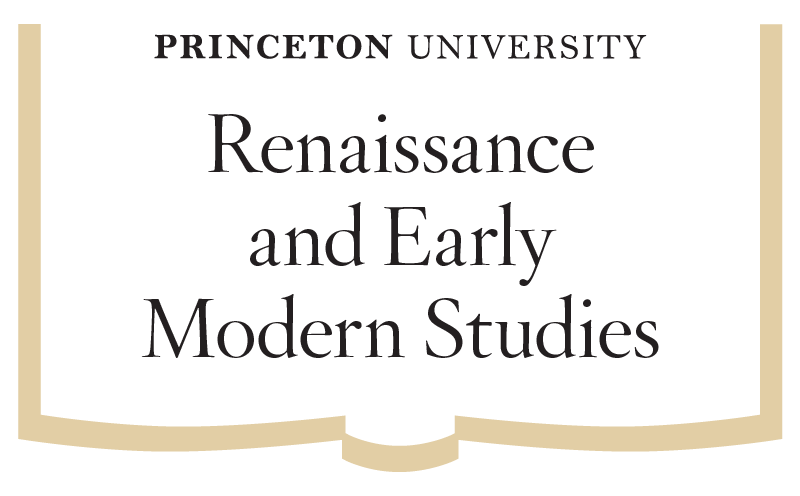
Florentine Republicanism and Humanist Platonism: On the Origins of Modern Constitutionalism
Miguel Vatter Professor of Politics at Deakin University
Thu, 12/4 · 11:50 am—1:10 pm · Wooten Hall, Room 301 (Kerstetter Room)
Forum for the History of Political Thought, Program in Classical Philosophy

Over the last 50 years, the belief that civic republicanism originated with the reception of Aristotelianism in the early Italian renaissance has flipped into the opposite claim that modern constitutionalism is due to the reception of Plato and Platonism in the Italian humanist movement. What difference does it make whether republicanism is Aristotelian or Platonic? In this paper I discuss James Hankins’ hypothesis that the reception of Plato introduces a “virtue politics” in which constitutionalism is a mechanism that favors the rule by the virtuous parts of the city. I oppose to this view my hypothesis that Machiavelli’s republicanism is also strongly marked by his reception of Platonic constitutionalism, but the outcome is a democratic rather than aristocratic conception of republicanism. My discussion draws from recent path-breaking interpretations of Plato’s Laws by André Laks and by Melissa Lane.
Lunch will be provided. There is no pre-reading: the paper will be presented during the session.
All welcome; registration is not required. For questions: contact Kim Girman, kgirman@princeton.edu
Co-sponsored by the Forum for the History of Political Thought and the Program in Classical Philosophy












